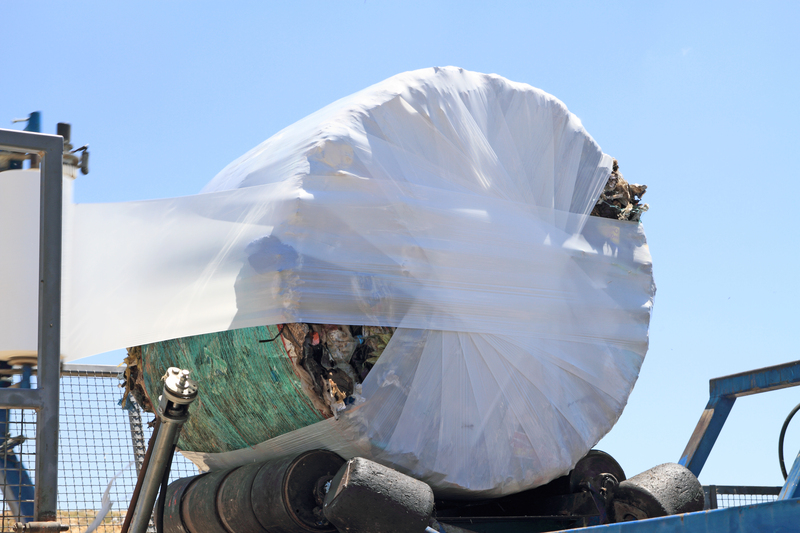UK Waste Management: Illegal Dumping
Posted on 02/03/2025
Illegal dumping, also known as fly-tipping, is an escalating problem within the UK waste management framework. This unauthorized disposal of waste not only wreaks havoc on the environment but also garners significant economic and social costs. Understanding the gravity of this issue and identifying solutions is essential for creating a sustainable future for the UK.
The Scale of the Problem
Illegal dumping in the UK has witnessed a sharp increase. According to the Department for Environment, Food & Rural Affairs (DEFRA), there were over one million fly-tipping incidents reported in the past year. The true scale might be even larger due to unreported cases.

Why Illegal Dumping Occurs
Several factors contribute to the prevalence of illegal dumping, including:
- Cost of Waste Disposal: Legal disposal methods can be costly, prompting individuals and businesses to opt for illegal methods.
- Lack of Awareness: Many are unaware of the legal requirements and the environmental impact of improper waste disposal.
- Convenience: Fly-tipping offers an 'easy' alternative to the proper disposal of waste, especially for bulk or hazardous items.
- Inadequate Regulations: Insufficient enforcement and penalties make illegal dumping a low-risk activity for offenders.
Impacts of Illegal Dumping
Illegal dumping has far-reaching consequences:
- Environmental Hazards: Improperly disposed waste can lead to soil contamination, water pollution, and harm to wildlife.
- Economic Costs: Local authorities spend millions annually to clean up illegally dumped waste, funds that could be better utilized elsewhere.
- Social Problems: Fly-tipping degrades public spaces, reducing the quality of life for residents and deterring visitors.
- Public Health Risks: Accumulated waste can become breeding grounds for pests and diseases.
Pros and Cons of Current Waste Management Efforts
Pros
- Increased recycling rates due to awareness campaigns.
- Implementation of stricter regulations and penalties for illegal dumping.
- Enhanced community engagement and reporting mechanisms.
Cons
- Inadequate enforcement of existing laws.
- High costs associated with legal waste disposal methods.
- Insufficient education and awareness regarding the impact of illegal dumping.
- Resource constraints faced by local authorities.
Tips to Combat Illegal Dumping
- Educate the Public: Raise awareness about the environmental impact and legal repercussions of fly-tipping.
- Improve Waste Services: Make legal disposal methods more accessible and affordable.
- Increase Surveillance: Use CCTV in hotspots to deter potential offenders.
- Community Engagement: Encourage reporting and community-led clean-up initiatives.
- Stricter Penalties: Enforce heavier fines and legal consequences for those caught illegally dumping waste.

Key Takeaways
Tackling illegal dumping in the UK requires a multi-faceted approach:
- Raising public awareness is essential.
- Enhanced and enforced regulations can deter offenders.
- Improving the affordability and accessibility of legal waste disposal methods will reduce the temptation for illegal dumping.
- Community involvement plays a crucial role in maintaining clean and safe public spaces.
Conclusion
Illegal dumping is a significant challenge for the UK's waste management system. It incurs high economic, social, and environmental costs. Addressing this issue requires a combination of public education, stricter regulations, enhanced enforcement, and community engagement. By implementing these strategies, the UK can create a cleaner, safer, and more sustainable environment for all its residents.
Latest Posts
DIY Paper Recycling at Home in 6 Steps
Advance Your Recycling Approach
Plant-Based Plastics: Future Innovations






